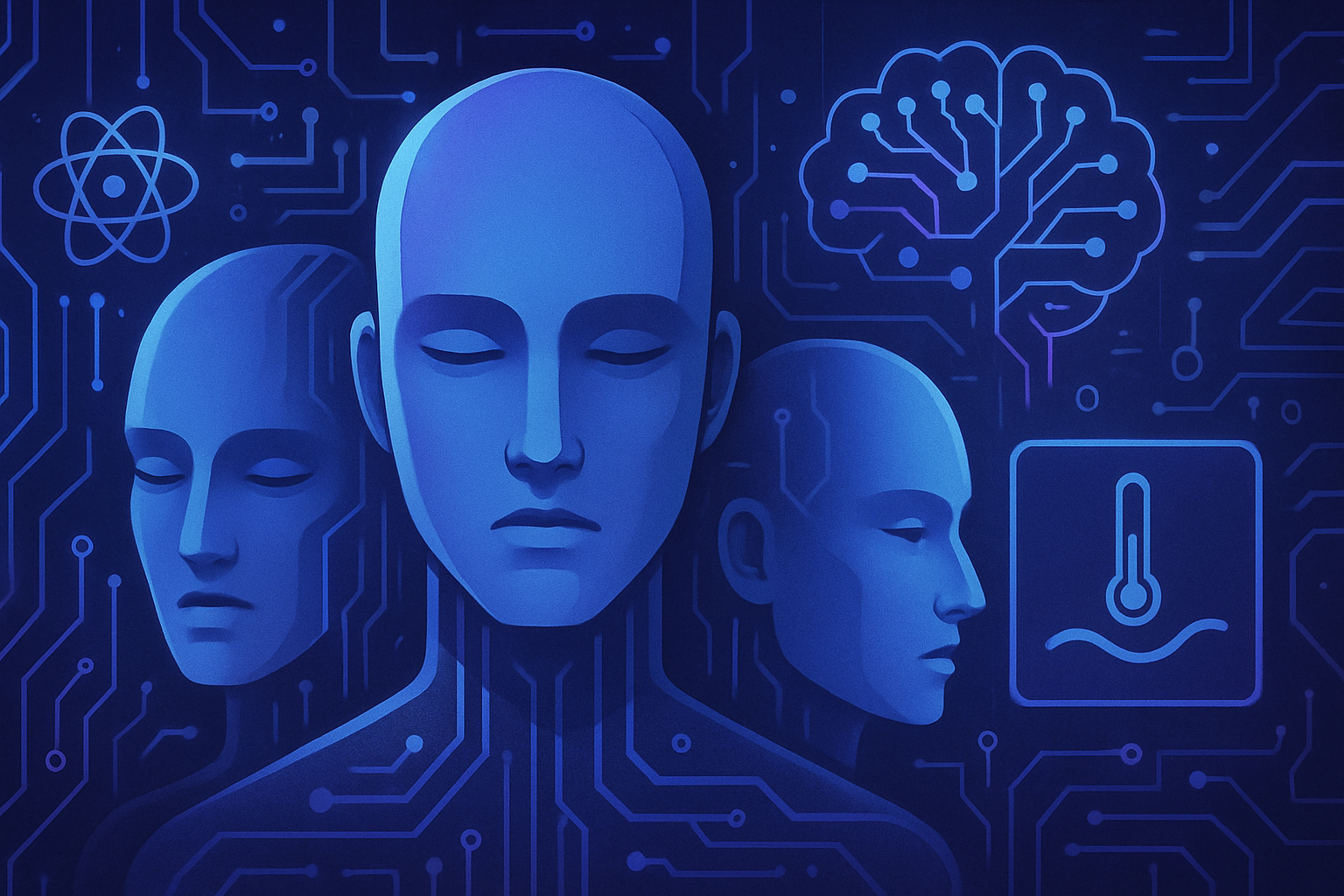The rise of artificial intelligence is transforming the economic landscape, plunging BT into an era of uncertainties. The company’s management, under the leadership of Allison Kirkby, is considering profound consequences for the workforce. The potential elimination of thousands of jobs raises crucial ethical and economic questions.
An unprecedented workforce reduction could materialize. The goal of becoming a more efficient entity adds to these upheavals. The impact of technological innovation on employment should not be underestimated.
Increased possibilities of job cuts
BT’s management emphasizes that advancements in artificial intelligence could lead to additional job cuts within the company. Allison Kirkby, the CEO, recently discussed this topic during an interview, stating that the plans to reduce the workforce by 40,000 to 55,000 positions may not reflect the full potential of AI. Her analysis suggests significant changes in the structure of the company.
BT’s restructuring plans
BT has announced plans for massive layoffs aimed at streamlining its costs, with a goal of reducing £3 billion in the coming years. This strategy is part of a broader move towards a more “agile” company by the end of the decade. Kirkby mentioned that this approach could eventually lead to an even smaller workforce if AI generates significant efficiency gains.
Telecommunications market context
The telecommunications landscape in the UK is undergoing significant changes. BT, a leader in broadband service provision, has already undertaken major shifts. In 2023, the company restructured its operations, including selling its businesses in Italy and Ireland. The desire to focus on the UK market illustrates the new strategic direction under Kirkby’s leadership, who succeeded Philip Jansen.
Assessment of Openreach’s value
Kirkby also discussed the value of the Openreach subsidiary, essential for the UK’s broadband infrastructure. According to her, this value is not adequately reflected in BT’s current stock price. The timing to reconsider a potential transfer of Openreach will come after the completion of the upgrade to full fiber, a project that could transform the network.
Acquisition opportunities
Recent news revealed that BT is considering acquiring the telecommunications company TalkTalk, which has around 3.2 million customers. This initiative could strengthen BT’s presence in the market, despite the challenges faced by TalkTalk since its privatization. The financial aspects of this potential acquisition raise questions about absorbing TalkTalk’s existing debt.
Implications for employment
Discussions around the industry raise concerns about employment in the sector. Creative workers, for example, are showing anxiety over the rise of AI and its implications for their jobs. The rapid evolution of the technological landscape, coupled with workforce reduction measures, creates an atmosphere of uncertainty about the future of many positions.
BT’s management maintains that integrating new technologies like AI could present opportunities for growth. Meanwhile, expert opinions agree that the challenge will mainly lie in the company’s ability to train its employees in the new skills required in a rapidly changing market. For businesses, managing this transition will be crucial to maintaining their global competitiveness. A critical aspect for modern companies.
For a long-term strategy
Kirkby emphasizes the importance of a long-term strategy for BT. By focusing on optimization and modernization, the company could increase its profitability while limiting job losses. This model could also serve as a benchmark for other companies in the sector amid rapid technological progression. BT continues to navigate a complex environment, seeking to balance innovation, efficiency, and job preservation.
FAQ on the impact of artificial intelligence on jobs at BT
What are BT’s job reduction targets related to artificial intelligence?
BT initially planned to cut between 40,000 and 55,000 positions by the end of the decade to become a “more efficient” company. The CEO has recently suggested that advancements in artificial intelligence could lead to even larger job cuts.
How could artificial intelligence affect the size of BT’s workforce?
The CEO of BT indicated that artificial intelligence might lead the company to further reduce its size, potentially meaning fewer jobs in the coming years.
What is BT’s vision regarding the financial impact of artificial intelligence?
BT intends to cut its costs by £3 billion, and artificial intelligence could help achieve this goal while optimizing the company’s operations.
Which departments of BT could be most affected by increased automation?
While not specified, it is generally accepted that repetitive and administrative tasks, as well as some customer service functions, could be among the first to be automated using artificial intelligence.
When BT talks about becoming a “smaller” company, what does it concretely mean?
This expression refers to a reduction in workforce and operating costs, focusing more on essential operations and reducing dependency on a large workforce.
What are the potential consequences for BT employees due to the introduction of artificial intelligence?
Employees might face the risk of layoffs or reassignment, as artificial intelligence could replace certain tasks currently performed by humans.
Is BT considering reinvesting in the training of its employees in response to technological change?
Although this has not been specified, it is generally recommended for companies to train their employees to mitigate the impact of automation, but no specific plans have been officially announced by BT.
What is the expected timeline for changes due to artificial intelligence at BT?
The CEO mentioned that changes could materialize by the end of the decade, indicating a gradual transition to a more compact corporate structure.






